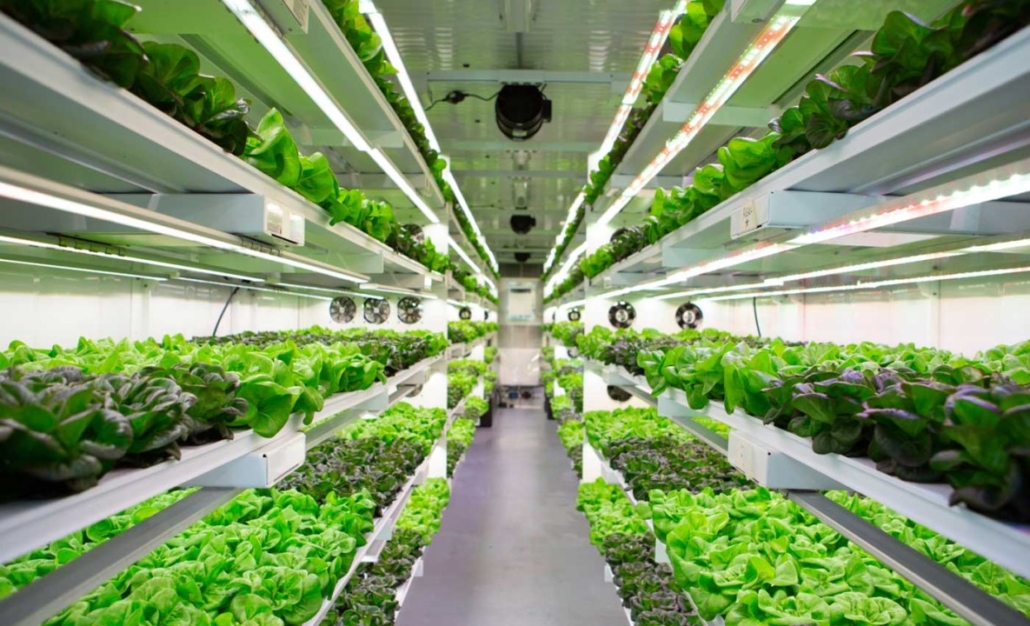Controlled Environment Agriculture: A Game-Changer for Food Security
By: IAAS Secretariat
In the face of the climate crisis, global food security is under threat. Unpredictable weather patterns and shifting climates make it increasingly challenging to meet the world’s food demands. However, Controlled-Environment Agriculture (CEA) may hold the key to transforming how we grow crops and secure our food future.
CEA has the potential to cultivate crops in harsh environments and adapt to changing climates. To harness its full potential, we must quantify its benefits in terms of yield and growth rate, understanding where and when it can have the most significant societal impact.
A recent article based on the study by Dr Zoe M Harris, published in University of Surrey website on 31st August 2023 titled Using artificial methods for growing crops could help solve global food security talks about study dived deep into CEA, focusing on lettuce, a high-value crop commonly grown in controlled environments. This comprehensive review of over 120 published papers aimed to unveil the true potential of CEA in lettuce cultivation. The findings are astonishing. On average, CEA methods produced double the yields compared to traditional field-based agriculture—3.68 kg m−2 versus 1.88 kg m−2. But that’s not all.
One of the most remarkable discoveries was the significantly shorter cultivation time required by CEA. While traditional field-based lettuce cultivation takes an average of 60 to 120 days, CEA achieved the same results in just 40 days, boosting efficiency and offering greater crop planning flexibility. Artificial methods of growing lettuce consistently doubled traditional field-based yields and significantly accelerated growth rates. During summer, production rates increased by 50%, skyrocketing up to 300% faster during winter.
These findings underscore CEA’s immense potential and emphasize the urgent need for ongoing research in this transformative field. As we confront a changing climate, CEA offers hope for a future where we not only conquer food security challenges but thrive in the face of adversity. It exemplifies human innovation and our capacity to adapt to the evolving challenges of our world.
> Source: CLICK HERE




